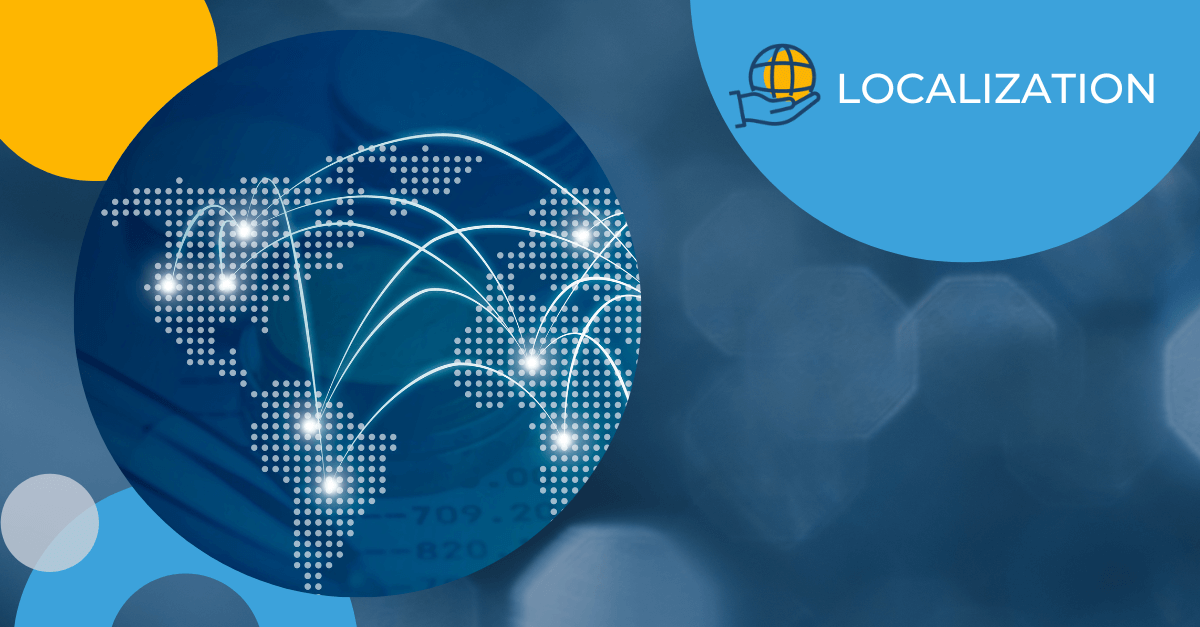“Doing business globally” is a fairly ubiquitous phrase these days. With technology providing literally every single business with the capability and the access to start “doing business globally,” the challenge is no longer simply delivering services and products to global markets, it’s creating compelling multilingual content that will raise your brand’s profile, build stronger connections with local audiences and positively impact their buying decisions. Brands that want to increase their market share overseas need translation services that provide global solutions with local expertise.
Localization or localization? That’s precisely the point
Every language has regional and cultural nuances — they have different dialects, vernaculars and grammatical rules. On top of that, there are a host of other considerations like date and time, currencies and symbols, not to mention culturally appropriate idioms, graphics or references. In order to connect with global buyers, marketers must account for these regional differences, because global campaigns left un-localized are a minefield of unintended consequences.
Take, for example, the foreign food distributor whose accurately translated slogan is “locally grown flavours and colours.” Provided with the same copy, a restauranteur in London might find that the slogan resonates, whereas a restauranteur in New York might be suspicious of how local the distributor’s products actually are. The translation is accurate but the distributor’s failure to localize leads to unforeseen credibility issues.
An embarrassing gaffe
Then there’s the case of the hotel chain whose global campaign features a guest checking out, telling the clerk “thanks for having me.” A friendly phrase, widely understood in the US, it implies that the guest was satisfied with their stay. However, that same phrase translated for the chain’s Russian campaign has a couple of different salacious implications. To a Russian audience, the guest is telling the clerk “thanks for ripping me off,” or “thanks for *expletive* me” – both wildly off-brand. Again, the translation is accurate but it fails to account for an idiom in the target language.
A damaging oversight
Most brands have the good sense to stay away from any sort of religious imagery, but a sportswear brand found itself unwittingly in the middle of a controversy over a seemingly innocuous graphic. What was intended to be an embroidered element looked a bit too similar to a religious icon, a serious sign of disrespect in that culture. Followers were enraged, boycotts ensued, products were recalled, the brand was damaged. It was a huge mess due to one graphic was not properly localized.
There are myriad examples of significant mix-ups and translation blunders but they all illustrate the same point — high-quality localization protects your brand.
Of course, it’s not just about avoiding mistakes. Localization provides brands with an opportunity to connect with consumers on a deeper level. Native-language linguists with knowledge of a region’s history, culture, trends and geography can help marketers tailor their message with references that resonate in a way that non-native linguists wouldn’t understand. Local touchstones, sayings, pronunciations or celebrity all help build a bridge directly to the consumer.
Doing it right
Given what we know about the benefits of localization, translating your global marketing campaigns into different languages is no longer good enough on its own. Consumers have more choices than ever before and are bombarded by advertisements, paid posts, and recommendations for a myriad of products and services. They’re becoming more sophisticated by the day and are more likely to tune out content that isn’t relevant to them. Marketers must localize.
It may sound like a daunting, expensive, complex and time-consuming process but, with the right partner, it really doesn’t have to be. Experienced translation services companies with technical expertise can reliably and seamlessly localize and integrate files of any type, using ISO-certified QA processes that rely on experienced translators and technology. The right partner can significantly reduce time and cost while maintaining the integrity of intended meanings across cultures, around the globe. Translation: it’s approachable.
Go ahead, start doing business globally, just make sure you get a trusted localization partner that knows your target market.


